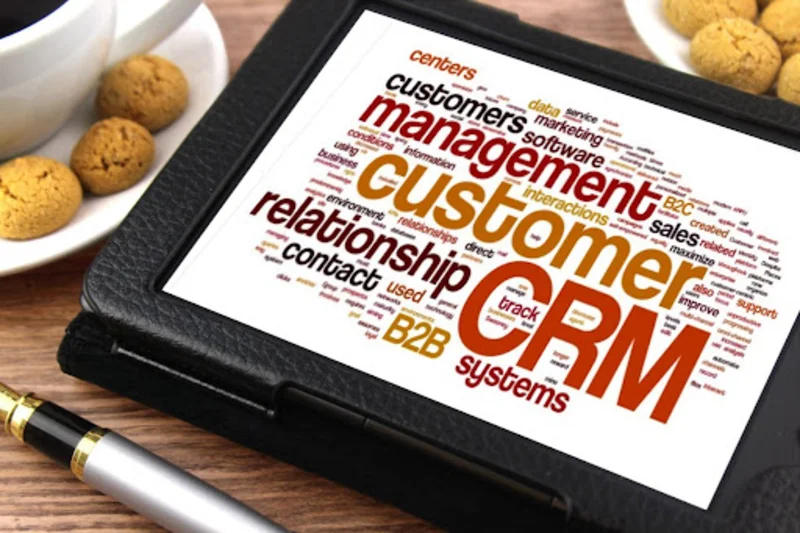There are three main types of CRM systems: collaborative, analytical, and operational. Here are a couple of things you can do to determine which will work well for your company.
Building good customer relationships is difficult because you need to stay on top of who your customers are and what they may want from you at any given moment. It’s crucial for small businesses and big ones alike—whether you have one hundred customers or hundreds of thousands.
The best way to start your CRM systems journey would be by looking for a CRM that fits your strategy pretty well. However, finding the perfect one can take time and effort. There are three main types of CRMs: collaborative, operational, and analytical. To help you make the right decision, we’re going to talk about what CRMs are, how they work and the benefits of each one.
Table of Contents
What is CRM software?
CRM stands for customer relationship management. More broadly, it describes a strategic approach for interacting with customers. CRM usually refers to the group of products that make your interactions with customers more effective.
Customer relationship management systems are a vital component in any business these days. The first word is what defines its primary function—about customers. A good CRM should help you better understand your customers and use that information to deliver the best customer experience possible.
It’s never been so hard for brands to communicate effectively with their customers. They share through several different channels (such as messaging, email, social media, and phone), which is more confusing. It’s getting harder to figure out what to buy, where to buy it and how to pay. More options and features are available than ever before, so it can be challenging for businesses like ours who have lots of products for a wide range of buyers. The CRM category of products grew out of a need to address the challenges experienced.
What are the types of CRM?
CRMs provide a broad range of advantages for anyone who runs any company. The overall benefits apply to most CRM products. However, some have more features or are focused on specific things like managing customer relationships. 1. Collaborative CRM systems 2. Operational CRM systems 3. Analytical CRM systems
1. Collaborative CRM systems
Collaborative CRM systems prioritise getting rid of different silos to make the workforce as efficient and effective as possible. For example, marketing, sales and customer support are typically in various departments. This means there is an increased chance of disconnection between them. In addition, organisations vary in size and complexity. Smaller ones might just have a sales, marketing, and customer service department. But to have an outstanding customer experience, we need to share information across the entire company all the time.
Your company’s CRM should be used collaboratively so that all teams have the most up-to-date customer info.
Thanks to integration among departments and channels, your customers no longer have to repeat themselves when they talk to a new person. Instead, every employee they interact with can quickly and easily pull up a record of all past interactions with the customer to consult and learn relevant details.
2. Operational CRM systems
Companies use operational CRMs to run their own customer-related processes more efficiently. They offer tools to make visualising and managing the complete customer journey even easier – even if the journey includes a lot of touchpoints. That starts from the first time they visit your company website and then progresses through the whole process of managing leads as they move from interest to sale.
Operational CRM systems UK usually have features for automation. These can help offload tasks that your employees would otherwise have to deal with. That way, they can focus on their jobs’ creative and personal aspects and continue to provide good service to your customers when your company is expanding.
3. Analytical CRM systems
Analytical CRMs are designed to analyse your customer data to provide valuable insights. Data Analysis is a difficult step. It’s overwhelming to think about all the data you have and the complexity of trying to sit down and make it give you anything useful. Estimates show that up to 50% of your data sits untouched or forgotten in a file somewhere on your desktop.
We don’t take that lightly. However, having an analytical CRM can help you make the most of your data to see how your customers are behaving over time.
Read also: Do You Need A CRM System For A Startup?

